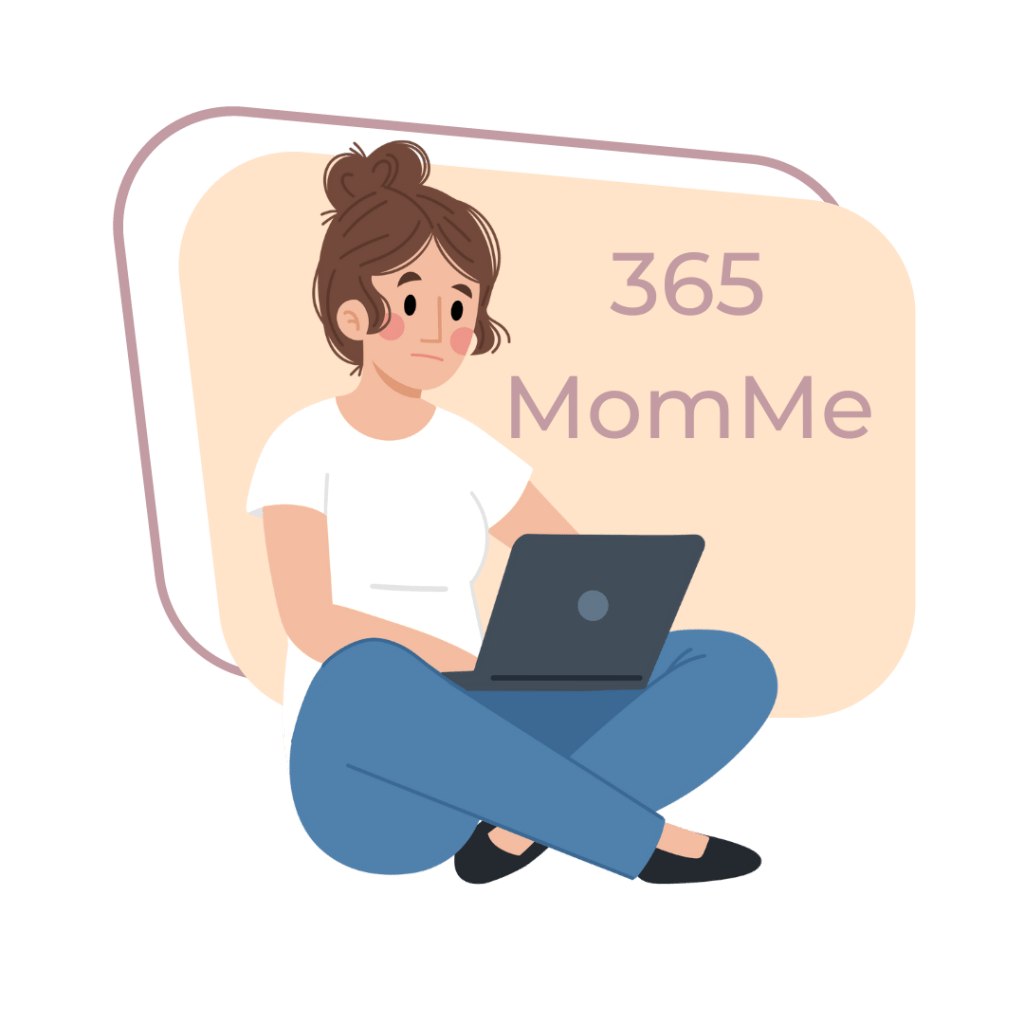
Introduction
The series of posts I’m doing on this subject matter are expanded from an article I found called 10 Kindergarten Readiness Skills Your Child Needs from 2013. Despite the article being older, the areas it covers are still basic areas of study and behavior that should be paid attention to.
My Credentials (reprinted from my original post):
Let me state up front that I am not a kindergarten teacher nor any other grade teacher. I have a BA in English from Sonoma State University in California and started my teaching credential years ago before my career path took me away from school and into the working world.

My expertise on the subject of kindergarten (and the other lower grades) comes from over four years of volunteering in a kindergarten class at my kids school. I also have seen the end result of kindergarten by volunteering in a first grade class for almost three years before COVID shut down in person schooling in our area.
I wasn’t the typical volunteer. As soon as my children started school, I was in the classroom five days a week splitting between kindergarten and the upper grades as needed. I’ve been put in charge of tech education for kindergarten and have run multi levels of reading groups in first grade. I also worked on reading fluency with emerging readers and became known as the parent to rely on when given an educational task to accomplish in the classroom.
The two teachers I worked with most were seasoned professionals. My mentors were wonderful women who made teaching their life.
- The kindergarten teacher was one of the original teachers at our school which was founded in 1995. She transferred over from another school and while kindergarten is her niche, she also had taught grades higher up into elementary school.
- The first grade teacher I worked with had been teaching longer than I’ve been alive. She knew what kids needed to have in first grade and was great at evaluating how successful a kindergarten year was for a kid within the first few weeks of school in her class.
I might not be considered an expert because I don’t have a degree. I do believe my time in the classroom as well as being a mother myself helps me give a balanced view of things that will help your child succeed in kindergarten.
Area 4: Number Recognition and Counting
What is number recognition?
The same way that we recognize written language with letters, the world of math runs on the ability for children to identify and name basic numerals.
Sometimes this will also will throw around the term Number Sense the broad understanding of the concept of numbers. The National Mathematics Advisory Panel defines it as an ability to identify numbers and understand the quantities associated with each number, count numbers, and add and subtract numbers.
Most math programs focus on core mathematical skills:
- Matching numbers to quantity
- Identifying numbers
Why is number recognition important?
According to Scholastic.com:
- Recognition of numbers supports the development of other number skills, such as counting.
- Recognition of numbers develops into more sophisticated abilities
It’s been said that this early skill learning will determine somewhat how well a student does in more complicated math skills.
Number Sense Skills
Number Identification
While physical math, counting and touching items as you say them, works well with younger children soon your child will be asked to identify numbers that way that they do with letters of the alphabet. Making sure that they realize that the symbol 7 refers to the word seven and a quantity of seven object are the first steps to learning more math skills.
Pointing out numbers around you can help your child connect symbols and the language of numbers. Learning songs with the number order is another great way to reinforce this skill.
Counting
Counting is being able to recite numbers in correct order. It seems like something we do as adults without thinking about it, but one upon a time we all had to learn that order.
By learning the order kids also can master one-to-one correspondence.
One-to-one correspondence
The skill of paring or matching objects so that one object equals one number is something you learned in preschool and kindergarten?
After working in classrooms for years this seems like it would be a natural skill but there are some children that have a very hard time understanding this and it can take a while for them to make the connection.
Addition and Subtraction
Basic math skills of adding and subtracting can be taught at this age easily. My go-to math skill involves children and toys or candy. I know very cliche, but kids will understand the concept if they are taught it using objects they see every day. By explaining addition as getting more of something and subtracting as having less using those objects kids can see math come to life before their eyes.
There are a few great sounding songs that have to do with addition and subtraction. A kid favorite is:
Conclusion
Exposure to numbers is the number one thing you can do to improve your child’s number sense, number recognition and counting.
RESOURCES:
Find more great kindergarten educational videos on my YouTube playlist: Kindergarten Skills Videos
I hope you learned a lot from this article and don’t forget to check out the other posts in this series:




Leave a Reply